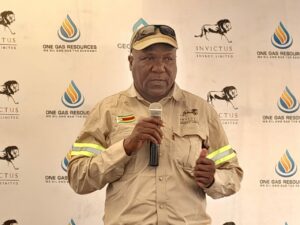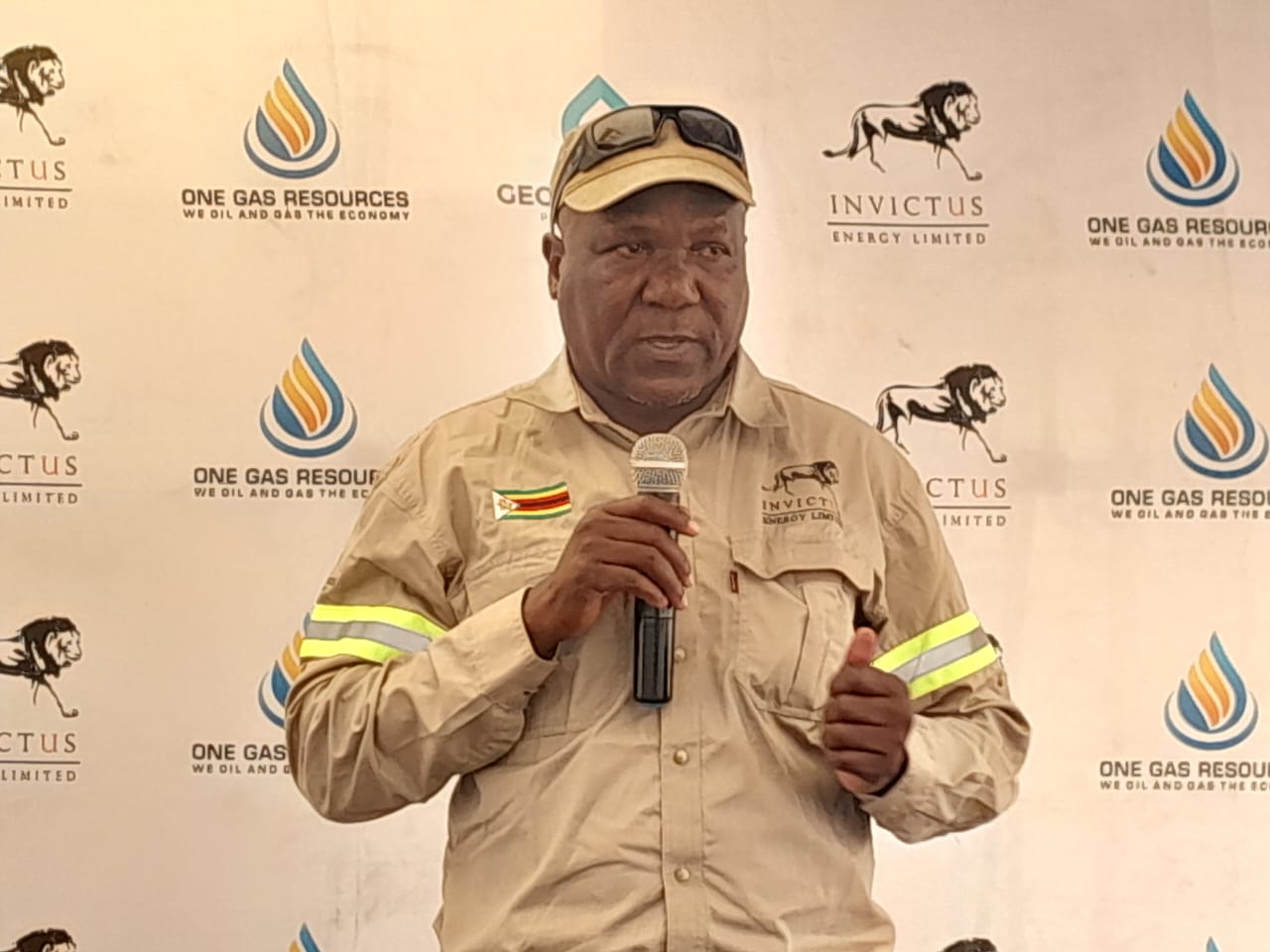|
Getting your Trinity Audio player ready...
|

By Lloyd Rabaya
After their Mukuyu-1 Rig Site collapsed while trying to get to the Eureka moment, Invictus Energy shut down the well, and opened the Mukuyu-2 Rig Site, as the first one had failed to bring out the required result. However, contrary to the Bible’s Matthew 21:19 story where the tree ceased benefitting the community, Invictus Energy is engaging in various Corporate Social Responsibility (CSR) programs for the benefit of the Mbire and Muzarabani people, even before they reach the light bulb moment.
“There is going to be national benefit, but there is already a lot we are benefitting at the stage of exploration where there is yet any business to be done here,” the District Development Coordinator (DDC) for Mbire District Richard Maruta told Spiked Media.
Mukuyu or Muonde in Shona, a fig tree, is mostly found on a ground where there is either the precious liquid, water, or precious metal, gold. A fig does not only provide highly nutritious fruit, but its fibre, potassium, and antioxidant content help control blood pressure, aid digestion, help with weight loss, and support strong joints among other heath benefits.
On the ground, Invictus Energy is walking the talk in their CSR as all the projects they are implementing are enhancing the health status of the locals. The energy giant resuscitated dismantled boreholes, inserted reservoirs in the community, and in clinics as they are moving towards piped water schemes. The use of unprotected water sources and human-wildife conflict is now a thing of the past as water is now readily available in tanks erected at clinics and at certain centres in the communities.
“This is a move towards solarised pumps and tap water because before, people used to depend on making shallow riverbed hand-dug wells (mifuku). We used to have human-wildlife conflict because some people would be eaten by crocodiles at the rivers,” added Maruta.
When one fell sick or when a mother was to deliver, they would be accompanied by someone who would fetch water from the river at clinics where they had no boreholes. At Mahuwe clinic, for example, they had a borehole close by, but one would have to endure long queues in the hot sun.
Invictus Energy’s subsidiary GeoAssociates Managing Director Paul Chimbodza said they assessed the situation in the community and concluded that they did not have to wait up to the production stage for them to start giving benefits to the community.
“We went ward by ward and listened to the people’s expectations, and they gave us their wishlist. We reorganised the wishlist into immediate, medium-term, and long-term plans.
Currently, we are spending money on the project, but we have resuscitated some boreholes, changed others from hand pumps and solarised them, put water in our clinics, maternity wards, schools, and we are also very busy with the roads,” said Chimbodza.
To improve the road network in the area, Invictus Energy is rehabilitating roads, and about two weeks ago, they had done above 200 meters. They had also done about 20 boreholes and four clinics. Currently, the digging is ongoing and is expected to take around 45 days, from when they started, to get to the required depth of four kilometres.
Contrary to the Shona proverb hakuna mukuyu unovinga shiri (a fig tree does not come to the bird), Invictus Energy’s Mukuyu projects is in the people for the benefit of the people.






